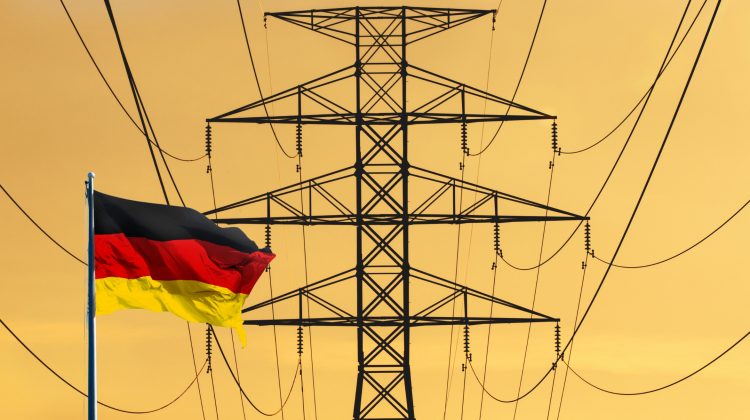The Bundesnetzagentur (Federal Network Agency) today launched its draft resolution on the current remuneration for distributed feed-in, known as avoided grid tariffs, for public consultation. It envisages the gradual elimination of remuneration for decentralized facilities, thereby reducing electricity grid costs.
“We propose saving consumers and businesses a total of €1.5 billion over three years,” stated Klaus Müller, President of the Bundesnetzagentur (Federal Network Agency).
“Subsidizing power plants through so-called avoided grid tariffs at the expense of consumers is no longer adequate.”
Draft Resolution
The Bundesnetzagentur plans to gradually phase out the payment of distributed feed-in tariffs. Tariffs will be reduced by 25% annually starting January 1, 2026. Distributed feed-in tariffs will no longer be payable starting in 2029. Grid users will save a total of €1.5 billion between 2026 and 2028.
Rather than eliminating the tariffs immediately, the Bundesnetzagentur (Federal Network Agency) has opted for a phased approach to give operators of decentralized facilities sufficient time to plan ahead.
Background on Avoided Grid Tariffs
Remuneration for distributed feed-in, according to Section 18 of the Electricity Grid Tariff Ordinance (StromNEV), is a payment that grid operators make, among others, to conventional generating facilities connected to distribution systems. Solar and wind power are not covered by the regulation. These avoided grid tariffs are borne by electricity consumers as part of their general grid tariffs, resulting in costs of approximately €1 billion annually. Avoided grid tariffs represent, on average, approximately 3% of German grid costs.
Distributed generation remuneration was introduced more than 25 years ago with the expectation that locally generated electricity would be consumed locally and thus reduce overall grid costs by not having to use the general electricity grid. However, this assumption is becoming increasingly inaccurate. Decentrally generated electricity is also being transported ever further to consumption centers. Furthermore, distribution networks must be expanded to enable a region to be supplied from distribution networks, for example, when distributed generation facilities are unavailable.
The current regulation on avoided network tariffs expires on December 31, 2028, due to the repeal of the StromNEV. The Federal Network Agency will provide planning security to facility operators by informing them well in advance that the regulation will not be extended and that a predictable phase-out plan will be implemented.
Next Steps
The draft resolution is available at the following link: www.bundesnetzagentur.de/1057122 . Responses to the consultation on the draft resolution can be submitted until May 23, 2025.































